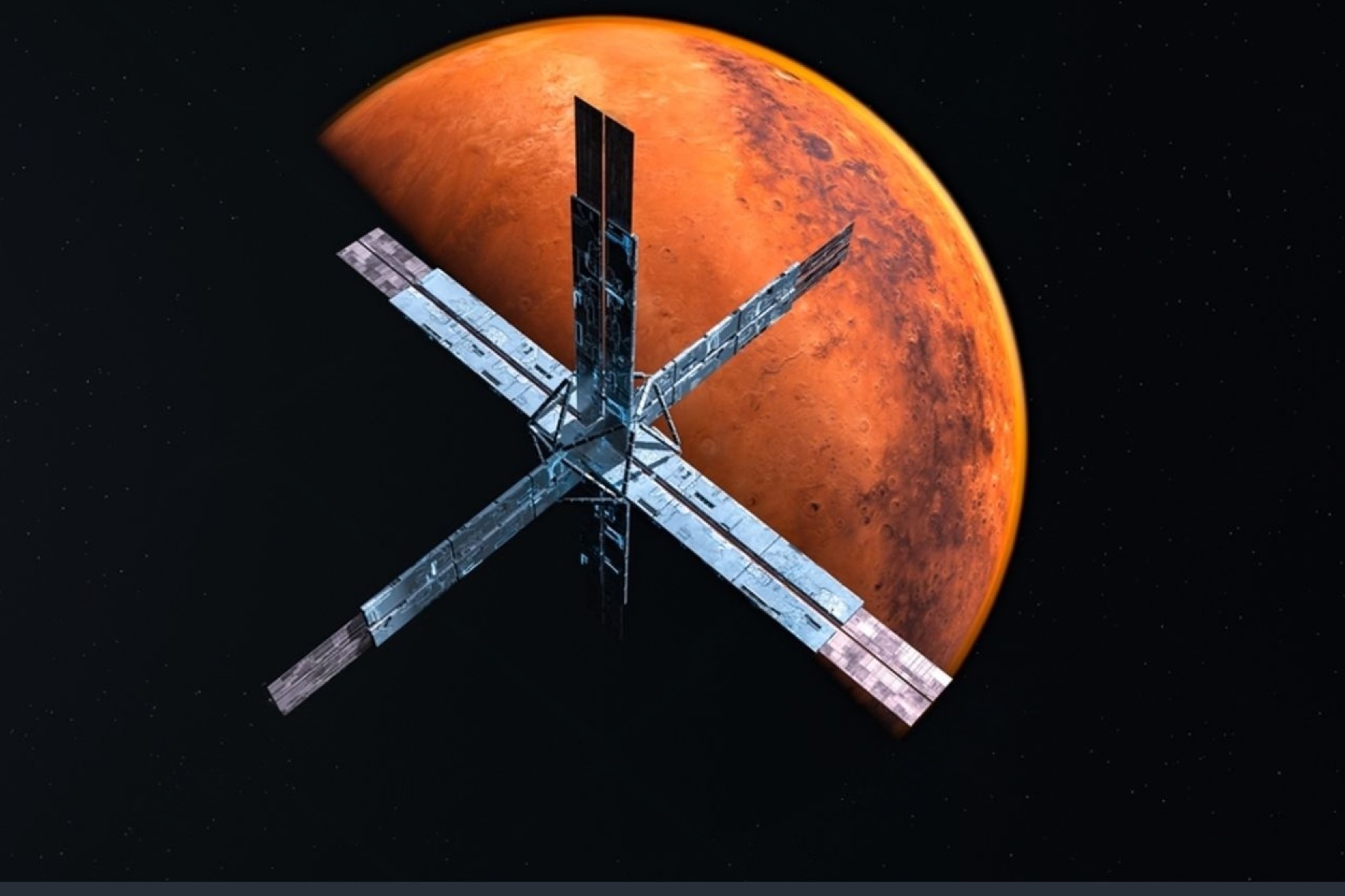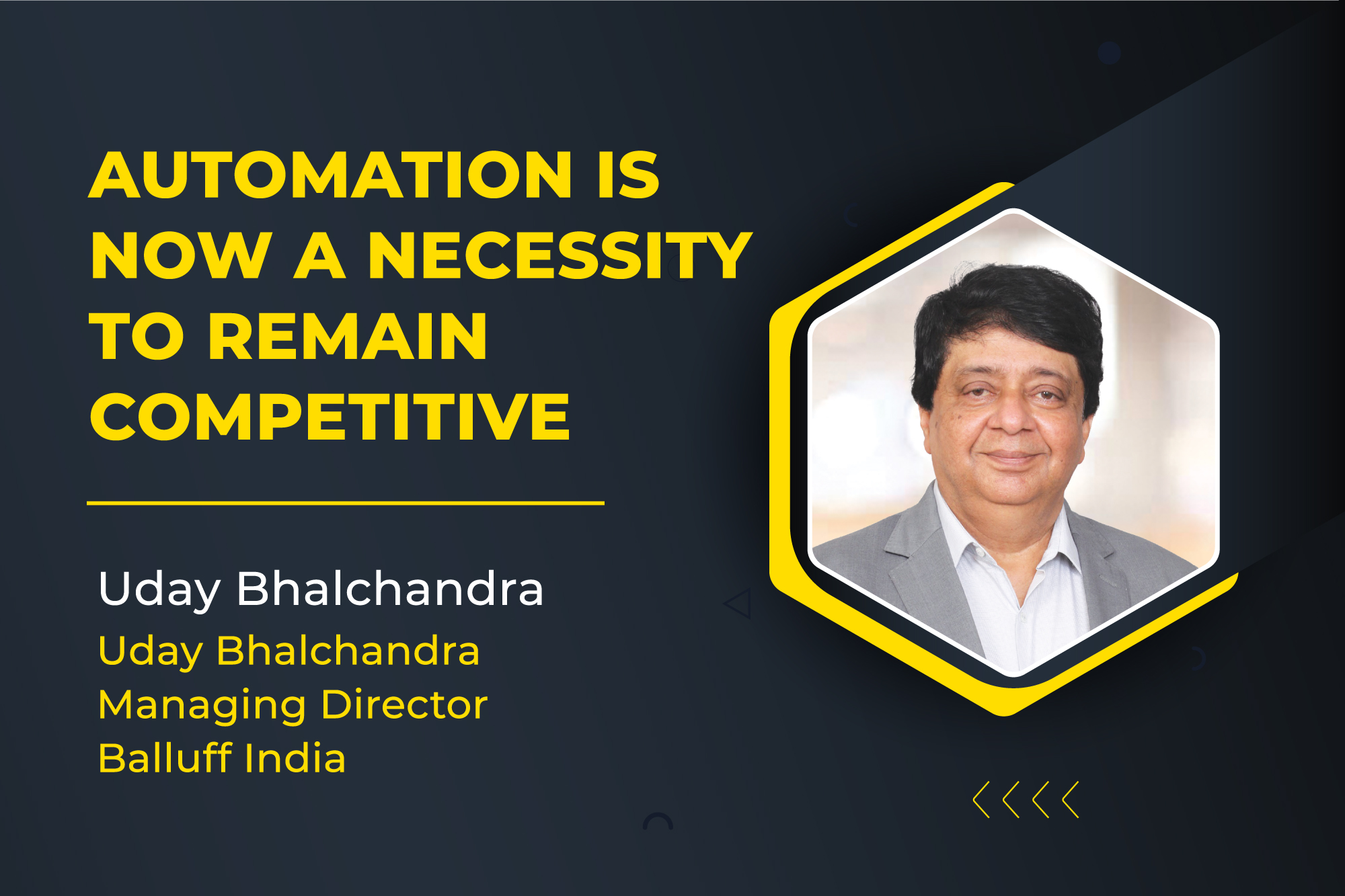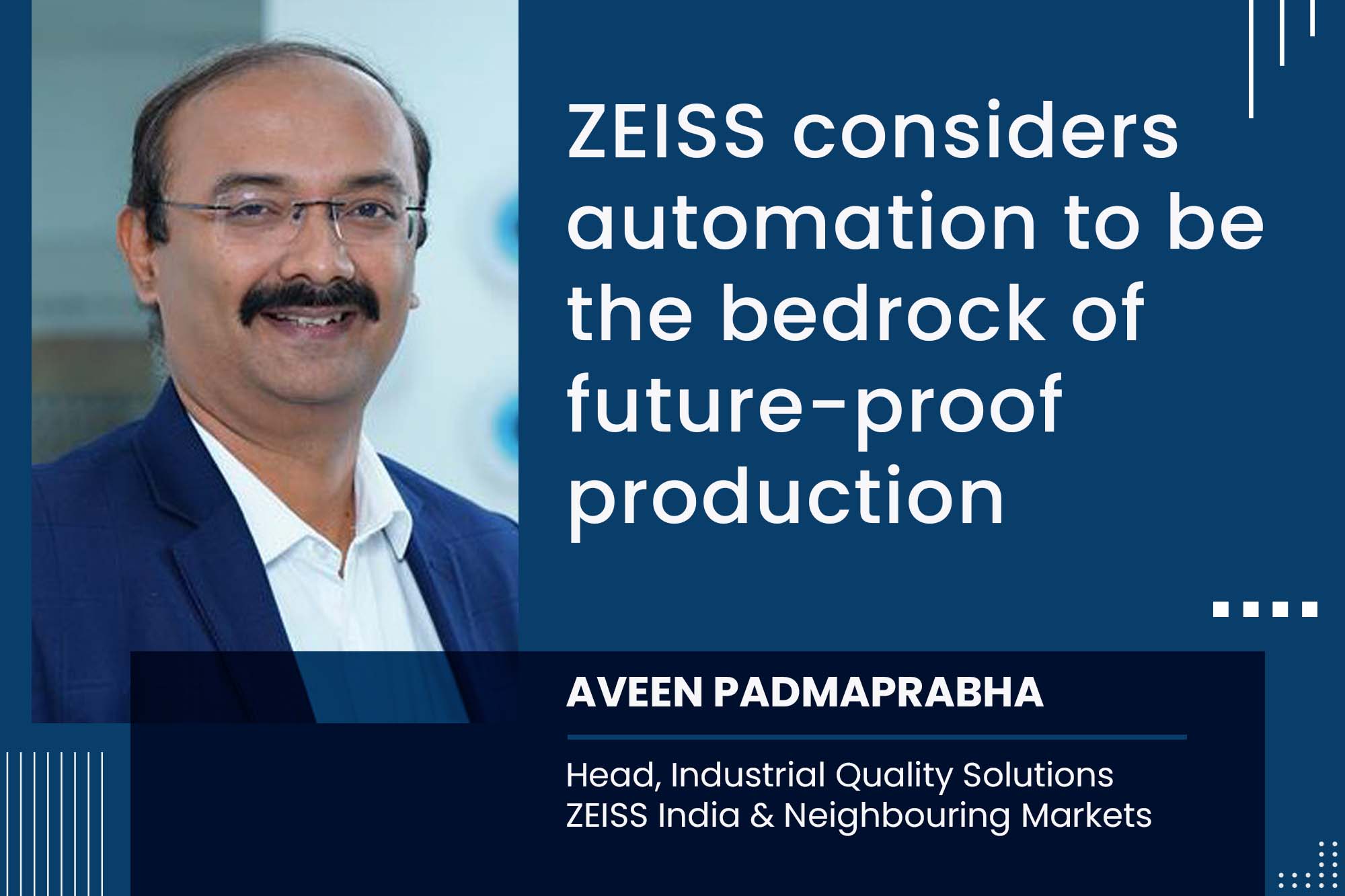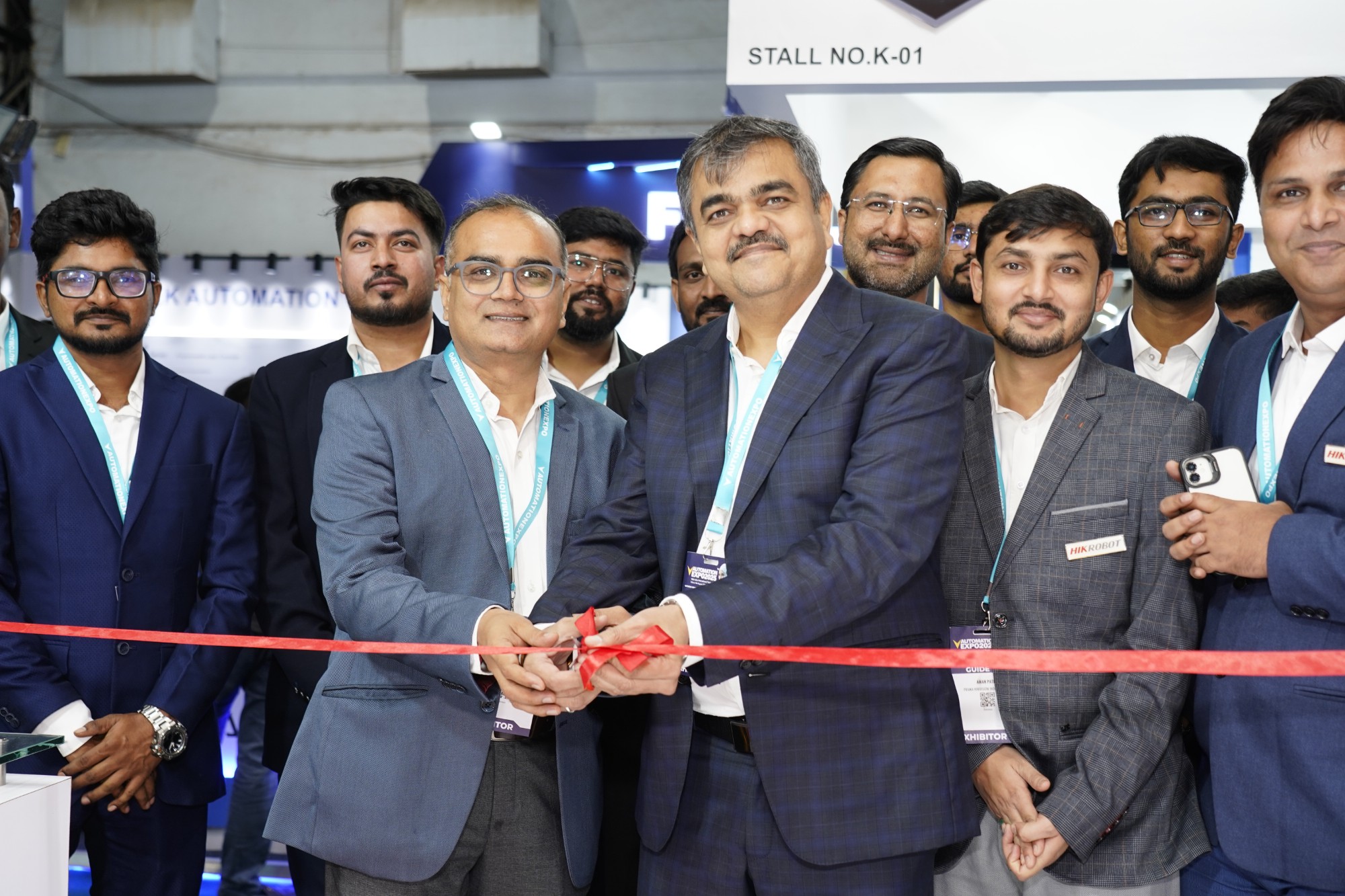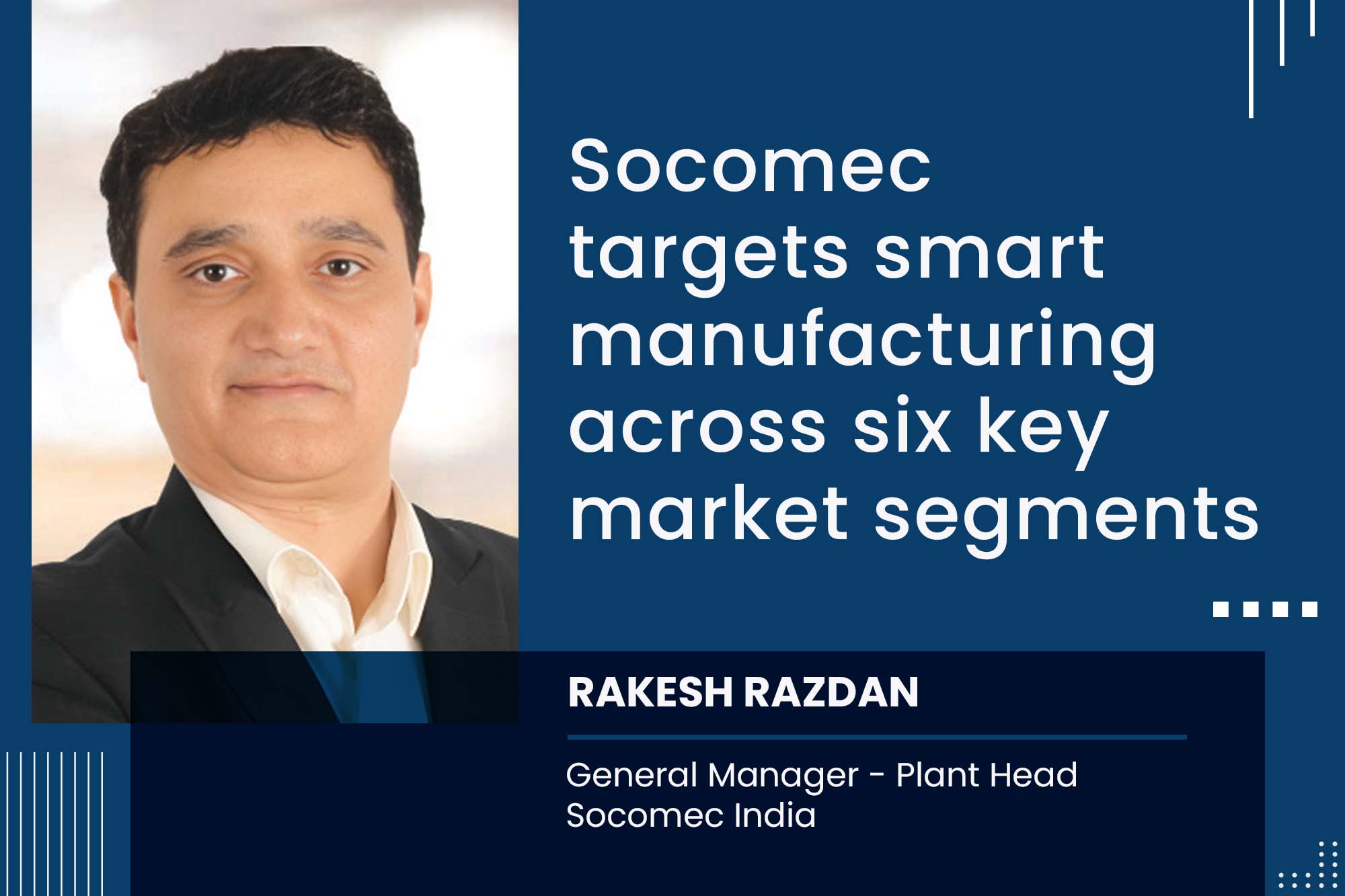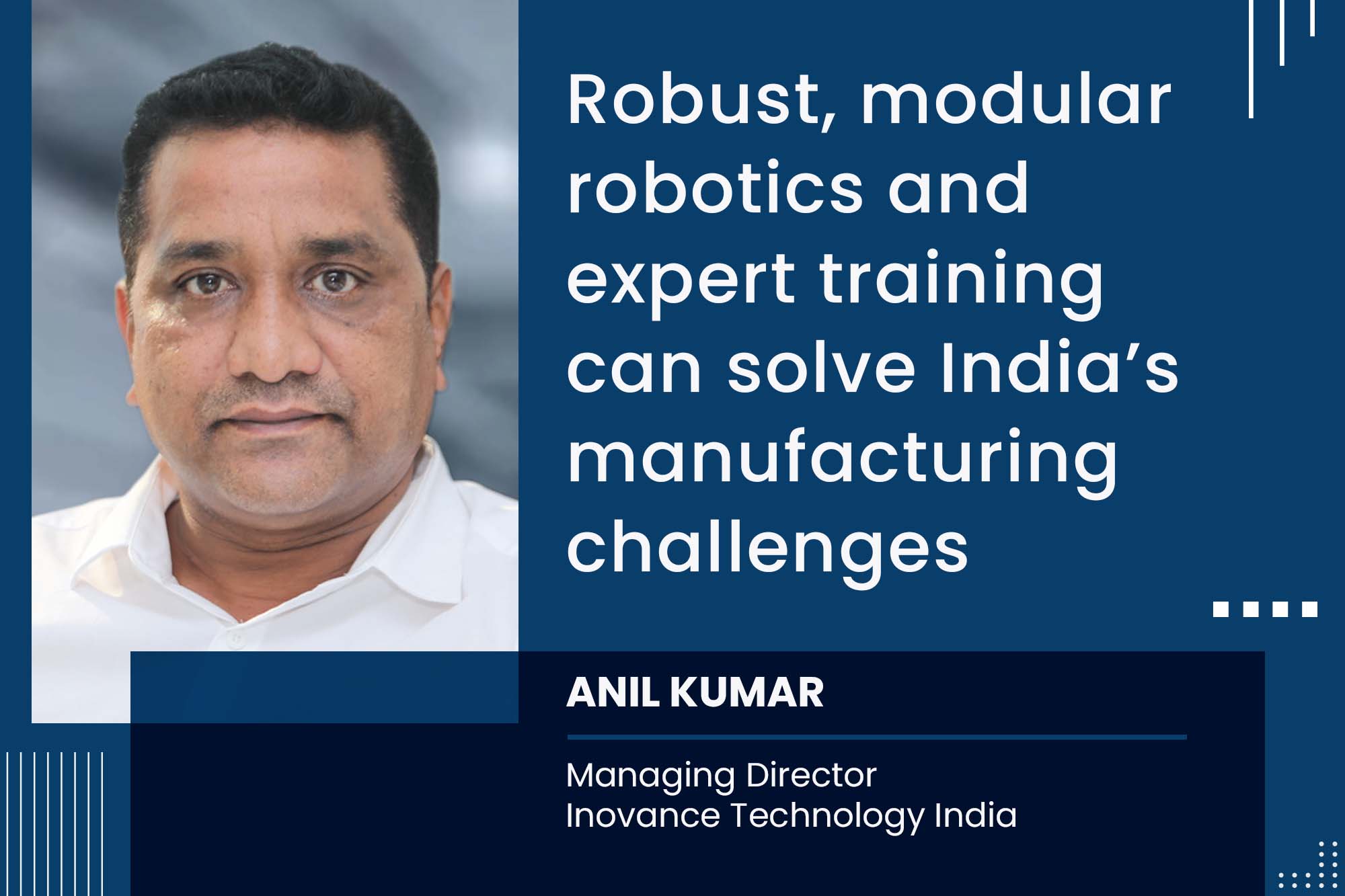Reimagine factories into a sustainability testbed
By Staff Report August 1, 2025 6:45 pm IST
Delta Electronics India’s in-house manufacturing mirrors its core values, with its plants functioning as living laboratories for sustainable industrial practices through the application of its energy-saving technologies. Dr Sanjeev Srivastava, who leads the Industrial Automation division at Delta Electronics India, emphasises that sustainability is an integral part of their automation philosophy. Their solutions are designed to prioritise energy efficiency while maintaining high operational throughput, aligning with India’s broader climate goals.
How is Delta Electronics using automation in its manufacturing facilities to enhance efficiency and productivity?
We utilise advanced industrial automation solutions throughout our manufacturing operations to enhance output and productivity. Our facilities, including the Krishnagiri plant in Tamil Nadu, feature smart production lines equipped with Programmable Logic Controllers (PLCs), SCADA systems, and advanced robotics. These automation systems reduce human error, ensure consistent quality, and significantly cut down cycle times.
Industrial IoT (IIoT) platforms help us with real-time monitoring of machine health and predictive maintenance, minimising unplanned downtime. This interconnected ecosystem of machines and systems streamlines material flow and resource planning, helping us maintain just-in-time production and optimise supply chain efficiency.
We use digital twins and data visualisation tools to simulate workflows and optimise processes before physical implementation. Automation has also enabled better energy utilisation, supporting our commitment to sustainability by reducing energy waste and improving asset longevity.
Overall, our automation-first approach meets the growing demands of our customers and ourselves.
What role does Delta’s Industrial Automation portfolio play in enabling smart factories and Industry 4.0 adoption?
Our Industrial Automation portfolio accelerates the shift toward smart manufacturing and Industry 4.0. Our suite of automation products, including PLCs, Human Machine Interfaces (HMIs), AC motor drives, servo systems, and motion controllers, is designed to create interconnected, intelligent production systems.
Our DIACloud and DIAScreen solutions offer cloud-based monitoring and control, helping manufacturers to digitise legacy systems and build scalable smart factory networks. Our automation hardware is complemented by software platforms that enable machine learning, remote diagnostics, and real-time performance analytics, which are the cornerstones of Industry 4.0.
We also support flexible and modular production lines, allowing Indian manufacturers to customise workflows in response to market fluctuations. By integrating smart sensors and IoT-enabled devices, we incorporate greater transparency and operational visibility on the shop floor.
Through close collaboration with system integrators and industry partners, we tailor turnkey solutions that empower manufacturers, especially SMEs, to adopt automation technologies without heavy upfront investments. This democratisation of smart manufacturing is crucial for India’s industrial growth and global competitiveness.

How are your automation solutions helping manufacturers address energy efficiency and sustainability goals?
Sustainability is embedded in our automation philosophy. We design our solutions to drive energy efficiency while maintaining high operational throughput, keeping India’s broader climate goals in mind.
Our Variable Frequency Drives (VFDs) regulate motor speed and energy consumption, which can reduce electricity use by up to 40% in industrial applications. Our Building Automation and Energy Management Systems (EMS) further allow customers to monitor real-time energy usage, detect anomalies, and implement corrective actions.
We support the transition to green manufacturing by offering smart lighting control, HVAC automation, and intelligent pumping systems that reduce operational costs and carbon footprint. Our automation systems reduce material wastage, water usage, and emissions with tighter process control and reduced production rejections.
In sectors such as textiles, automotive, and electronics, where energy intensity is high, our solutions have helped clients achieve significant sustainability milestones, ranging from lower energy bills to improved ESG performance.
Can you elaborate on how Delta integrates AI and data analytics into its automation systems?
Our entire automation architecture supports AI-enabled controllers and smart edge devices that learn from operational data to optimise processes in real-time. For instance, AI algorithms used in our motion control systems can predict component wear, helping us with predictive maintenance and minimising downtime. We also use machine vision systems with AI for quality inspection, where the system identifies defects faster and more accurately than human inspection.
Delta’s DIAStudio and DIAEnergie platforms provide powerful data aggregation, visualisation, and analytics capabilities. These tools capture operational KPIs, such as machine utilisation, energy intensity, downtime trends, and throughput analysis. Advanced analytics models help plant managers make data-driven decisions.
Our edge-to-cloud architecture supports decentralised data processing, ensuring fast and reliable insights at the machine level, while centralised data storage on the cloud enables macro-level trend analysis. This integration of AI and data intelligence supports continuous process improvement and enhances overall agility and responsiveness in manufacturing operations.
What are some recent innovations or flagship automation products that Delta has introduced to the market?
We have introduced a series of innovative automation products for the modern manufacturing landscape. Our latest AX Series Motion Controllers offer advanced multi-axis control, ideal for high-precision applications such as robotics, CNC machines, and electronics assembly.
The AS300 Series Compact Modular Mid-range PLC combines flexibility and power, making it suitable for diverse industries including packaging, printing, and food processing. Paired with our DOP-100 Series HMIs, users can enjoy intuitive, touchscreen-based process visualisation and remote control.
We’ve also rolled out the Delta IIoT-enabled Smart Manufacturing Suite, a software platform that integrates control systems, data acquisition, and cloud-based analytics. This platform is scalable and helps clients implement Industry 4.0 in a modular and cost-effective manner.
In the energy management domain, our DIAEnergie 2.0 software provides enhanced visibility into factory-level energy consumption and efficiency benchmarking, supporting operational and ESG goals.
What challenges do Indian manufacturers commonly face in adopting automation, and how is Delta addressing them?
Indian manufacturers, especially in the SME sector, face difficulties in adopting automation, including high upfront costs, lack of skilled labour, legacy infrastructure, and limited awareness about ROI. Cultural resistance to change and fragmented decision-making also hinder adoption.
We address these pain points through customised, scalable, and modular solutions that allow step-by-step digital transformation rather than large-scale overhauls. Our plug-and-play automation systems are designed for ease of integration with existing setups, reducing downtime and capital expenditure.
We also offer training programs, hands-on demos, and application support through our Delta Industrial Automation Experience Centres (DIAEC) across India, helping customers and channel partners upskill their teams and visualise implementation benefits.
By working closely with system integrators and OEMs, we ensure seamless project execution. Additionally, our energy-saving features help clients justify the investment through tangible operational savings, thus improving ROI metrics and easing internal buy-in.
What are Delta’s plans or roadmap for automation in the context of emerging technologies and evolving market demands?
Delta Electronics India is committed to shaping the future of industrial automation by integrating next-generation technologies, including AI, 5G, edge computing, and digital twins, into our product portfolio. Our roadmap focuses on creating open, interoperable, and scalable automation ecosystems that empower manufacturers to build smarter, more agile factories.
We’re investing in localised R&D to develop India-specific solutions for the region’s unique operational challenges and economic sensitivities. This includes compact automation platforms, modular controllers, and low-cost robotics tailored for SMEs.
We also plan to expand our smart factory solutions by embedding predictive diagnostics, cyber-physical system integration, and autonomous decision-making capabilities into industrial setups. We aim to support the convergence of IT and OT through cloud-enabled services and AI-driven analytics.
Our focus will remain on sustainability, with automation systems that enhance energy visibility, reduce waste, and meet evolving ESG compliance requirements. Partnerships with startups and academia will further accelerate the pace of our innovation.
As India aims to become a global manufacturing hub, our vision is aligned with national goals such as “Make in India” and “Digital India,” contributing to the transformation of Indian industries into smart, resilient, and sustainable enterprises.
Cookie Consent
We use cookies to personalize your experience. By continuing to visit this website you agree to our Terms & Conditions, Privacy Policy and Cookie Policy.




